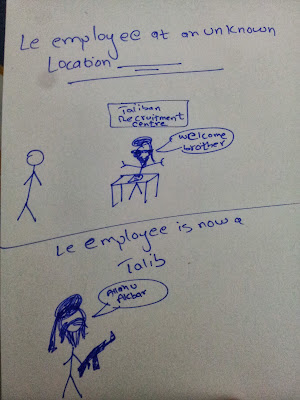There have been a few books written which have captured the minds and imaginations of people all over the world through gripping storytelling and gone on to become classics. One such book is To Kill a Mockingbird by Harper Lee, which was written in 1960 and is still popular all over the world. A classic in a true sense, To Kill A Mockingbird shows the racism and lack of a just system prevalent back in 1930s when the author was only 10 years old. Such was the success of the book that it went on to become a motion picture and won 3 Oscars in the process.
The author of one of the greatest books ever written is back with her recent book, Go Set A Watchman. Released in July 2015, the story is sort of a prequel to Kill A Mockingbird. It was written before the classic novel but was never released. The book shows several characters of To Kill A Mockingbird at an earlier time. While marketed as a sequel to the book, Go Set A Watchman is set at least 20 years back in time than the original work.
Set in the backdrop of the civil war, the story explores the events in the life of a young woman, Jean Louis-Finch, who return home to her ailing father. Her father has raised her well but at times of moral crisis, like racism in those days, even the rational minds lose their focus. When she debates with her father about issues bothering her, especially women’s rights and racism, she is surprised to find her father supporting the other side. She also discovers some shocking things about her family and community.
For anyone looking to get a deeper look into the classic novel, To Kill A Mockingbird, this book is a great way to understand the dynamics of the society at that time. Go Set A Watchman gives you a deeper understandings of the issues faced by the characters in To Kill A Mockingbird and the role society plays in determining the decisions of individuals.
For all the fans of To Kill A Mockingbird as well as followers of great American literature, Go Set A Watchman is a must read book. It is a book you must have in your library. Just a few months into its launch and it has become a best seller in USA. It is also the most preordered book on Amazon. In Pakistan, you can buy the latest work of Harper Lee from all leading bookstores as well as online marketplaces like Kaymu.













